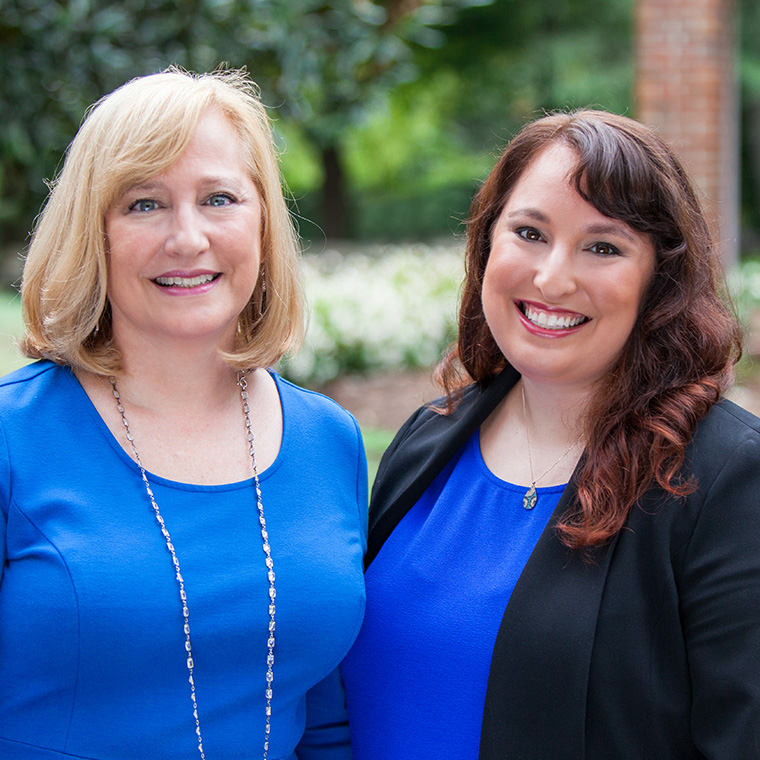
Greensboro Wills & Trusts Attorney
Document Preparation & Planning Services in Guilford County and Throughout North Carolina
Planning your estate is a critical step toward protecting your loved ones and ensuring your wishes are carried out. Without a plan in place, the state will decide how your assets are distributed, and this may not align with your intentions. At Law Offices of Cheryl David, we offer professional guidance to help you understand and navigate the different options for estate planning, including the use of wills, trusts, and other related legal tools.
Our experienced team works with you to create an estate plan that reflects your unique needs and goals, minimizing future complications and ensuring your wishes are honored after you’re gone. We provide clear explanations about the key differences between wills and trusts, helping you make informed decisions that suit your family and financial circumstances.
Schedule a consultation today by calling us at (336) 717-0375 or submit a form online.
What Is a Will?
A will is a legally binding document that outlines how your property, assets, and personal belongings will be distributed after your death. It allows you to designate specific beneficiaries to inherit your possessions, specify who will take care of any minor children by naming guardians, and detail your final wishes, including funeral and burial preferences. A will is an essential part of estate planning, ensuring your wishes are followed when you’re no longer able to make decisions.
However, it’s important to note that a will typically goes through a legal process called probate. This court-supervised procedure validates the will, settles debts, and oversees the distribution of assets. While probate is a necessary step for most estates, it can be time-consuming, costly (often 5-7% of your estate’s value), and public. Probate proceedings may also lead to delays in your beneficiaries receiving their inheritance and can sometimes result in legal disputes if your will is challenged.
Additionally, it is crucial to craft a well-thought-out will to avoid ambiguities that could complicate probate proceedings. Many individuals choose to update their wills periodically to reflect changes in life circumstances, such as marriages, births, or significant financial changes. This proactive approach can prevent future conflicts and ensure continuity in one's estate planning strategy.


Costs & Long-Term Savings
The initial cost of creating a will versus a trust differs, but the long-term financial implications are where the real difference lies.
- Wills. A will is typically less expensive to create at the outset. However, the real costs come later, as your estate will likely go through probate. Probate fees, which can range from 5-7% of the total estate value, can quickly add up. For example, a $500,000 estate could incur probate costs of $25,000 or more.
- Trusts. While trusts usually have higher upfront costs, they can save your estate substantial money in the long run. Since a trust avoids probate, there are no costly court fees or delays. Properly funding your trust ensures a smoother transfer of assets, with fewer financial burdens for your beneficiaries.



Stories of Trust and Peace of Mind Hear From Our Happy Clients
At Law Offices of Cheryl David, your satisfaction is our priority! See for yourself what our clients have to say about working with us.
-
"Kindness & Patience"Thank you for guiding my family through a difficult time with kindness and expertise. Your team’s support has been invaluable, and we’re forever grateful!- Pete S.
-
"Friendly & Professional"Our experience with the Law Offices of Cheryl David was exceptional. Their caring team guided us through our Living Trust with professionalism and efficiency!- Sharon B.
-
"Thank You Sincerely"Contacting Law Offices of Cheryl David was the best decision for me and my husband. Their knowledgeable team provided peace of mind and expert elder care guidance!- Sheila P.
-
"Pleasant & Helpful"Sudden illness made me realize the importance of estate planning. The team was pleasant, competent, and incredibly helpful throughout the process!- Scot F.
-
"Exceptional Service, Every Time"Professional, friendly, and efficient! Claudia ensured we understood everything during our annual update. Highly recommend the team at Cheryl David’s!- Charles H.
-
"Compassionate Support During a Difficult Time"Blaire, Olivia, and Paula made a tough time easier with their dedication and support. Forever grateful for their help in handling my father’s estate!- Nicole H.
-
"Personal Attitude & Sincere Caring"Thank you, Cheryl and team, for your genuine care and personal approach. I truly appreciate it and look forward to any updates you may have!- Phyllis B.
-
"You Have Put My Mind At Ease"Thank you, Kelly, for your support and dedication. Your work has been a pleasure to experience, and you've truly put my mind at ease—much appreciated!- Roger Z.

Guided by Compassion, Built on Trust Our Promise to You
-
Where Experience Meets CompassionWith decades of experience and a genuine understanding of family needs, we deliver legal solutions that ensure your loved ones are cared for today and tomorrow.
-
Empowering Families Through KnowledgeWe believe in empowering families with the tools and information needed to make confident decisions about their futures. Your trust inspires our commitment to excellence.
-
Trusted Advocates for Every Stage of LifeFrom estate planning to elder law, our experienced team stands by your side, providing compassionate and reliable support tailored to your family’s unique needs.
-
Protecting What Matters MostYour family’s future is our priority. With personalized guidance and unwavering dedication, we help secure your loved ones’ legacies and peace of mind.
Why You Shouldn’t Use Internet Wills
While the convenience of online will-making tools may seem appealing, creating your estate plan without proper legal guidance can lead to significant complications. Many individuals who use online will services overlook state-specific requirements, making their documents invalid or problematic when it comes time to enforce them.
A common issue with internet wills is that they don’t always account for critical details, especially regarding minor children and the distribution of assets. For example, in North Carolina, if you have minor children, a simple will may not include necessary language to ensure their inheritance is properly managed by a trustee until they reach a responsible age. Without a trust in place, your assets could be handed directly to your children when they turn 18, which may not align with your intentions. Similarly, guardianship provisions for minor children can be vague or fail to address complex family dynamics.
In one case, a couple who used an internet will discovered that their document didn’t include necessary provisions for managing their children’s inheritance or a clear structure for guardianship. The following is a letter sent to the couple who called us for assistance. Names and identifying information have been excluded to protect client confidentiality.